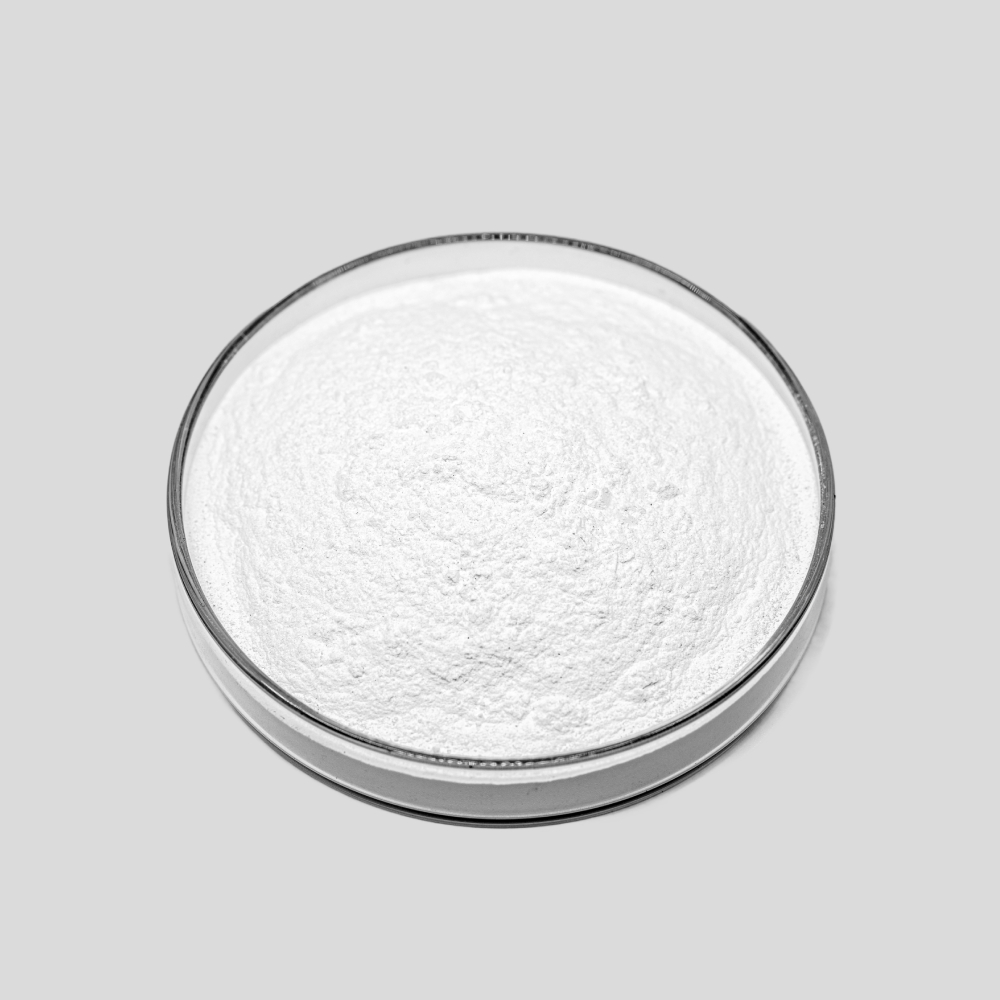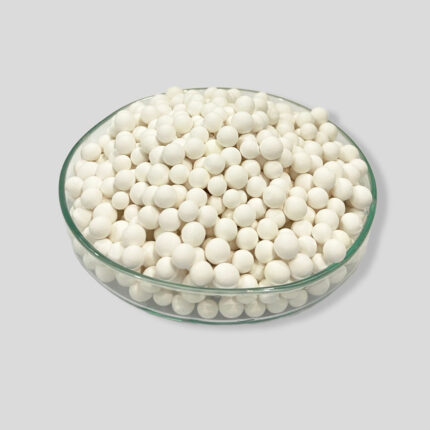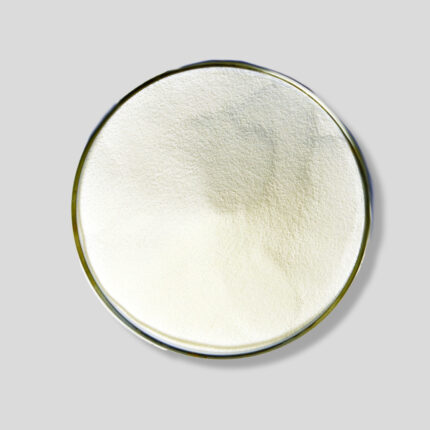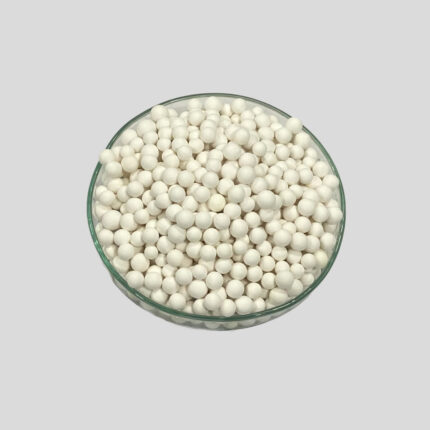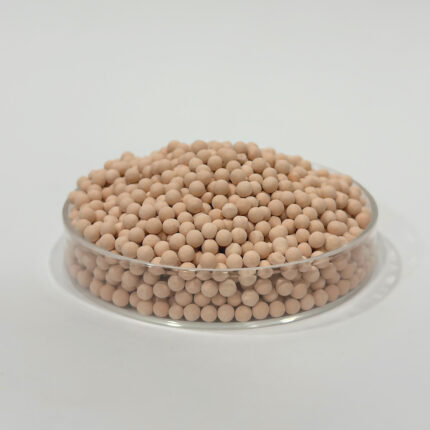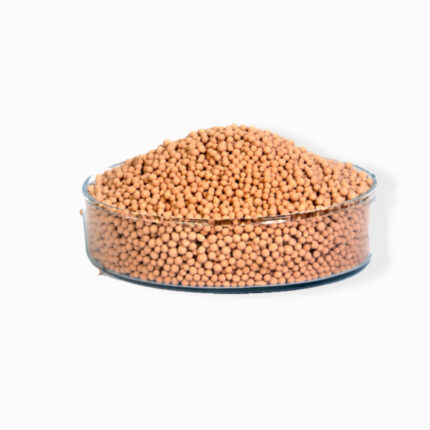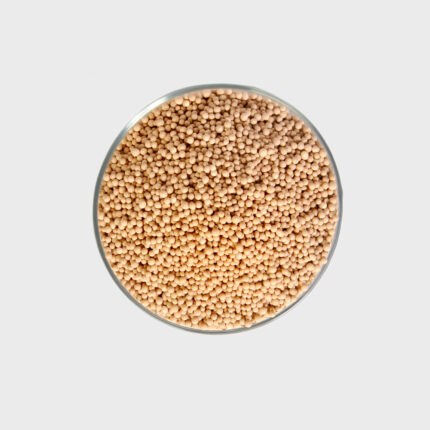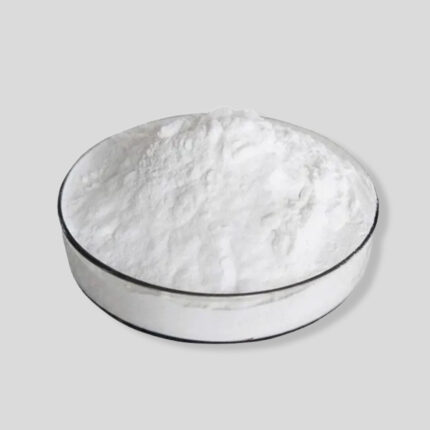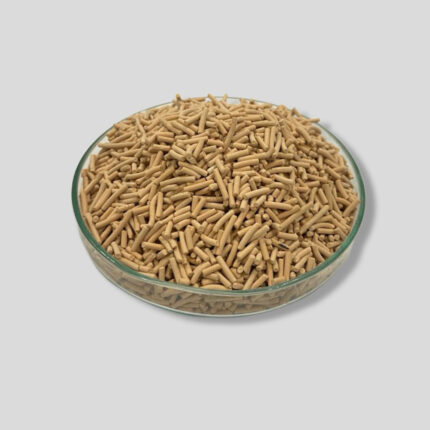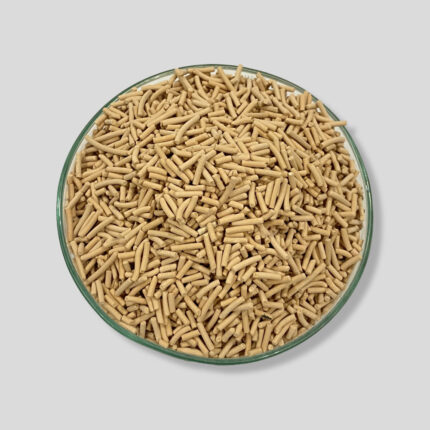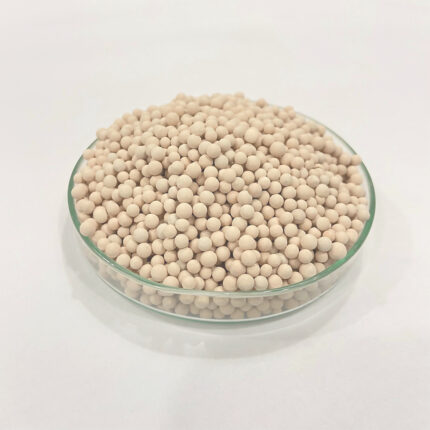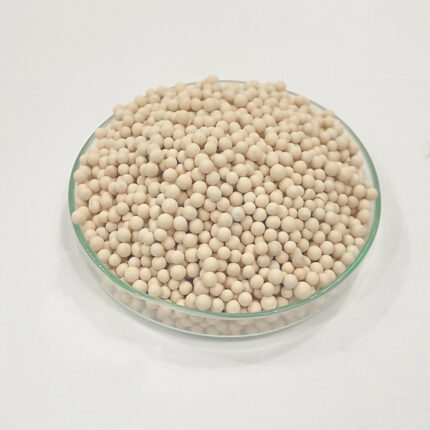- Refractories Calcined alumina is widely used in the production of refractory materials, such as bricks and castables, for lining high-temperature furnaces and kilns. Its high melting point and thermal stability make it suitable for withstanding extreme heat.
- Catalyst Support: Calcined alumina is sometimes utilized as a catalyst support material in various chemical processes. Its high surface area and stability can enhance the effectiveness of catalytic reactions.
- Abrasives The hardness of calcined alumina makes it an excellent choice for abrasive products, including grinding wheels, sandpaper, and polishing compounds. It is used for precision grinding and polishing applications in the metalworking and manufacturing industries.
- Ceramics: Calcined alumina is a key ingredient in the production of ceramics. It is used to enhance the strength, hardness, and thermal resistance of ceramic materials. It is commonly employed in the manufacturing of tiles, porcelain, and advanced ceramics.
- Electronics and Electrical Components: In the electronics industry, calcined alumina is used in the production of insulating materials and substrates for electronic components. Its electrical insulating properties and thermal stability are valuable in electronic applications.
- Catalyst Support: Calcined alumina is sometimes utilized as a catalyst support material in various chemical processes. Its high surface area and stability can enhance the effectiveness of catalytic reactions.
- Polishing Compounds: Due to its fine particle size and hardness, calcined alumina is used in the formulation of polishing compounds for metal, glass, and other surfaces. It helps achieve a smooth and polished finish.
- Coatings and Paints: Calcined alumina can be incorporated into coatings and paints to improve the hardness, durability, and wear resistance of the finished products. It is especially useful in protective coatings for industrial equipment.
- Filler Material: In some applications, calcined alumina is used as a filler material to enhance the mechanical and thermal properties of polymers and composites.
- High-Temperature Insulation: The thermal stability of calcined alumina makes it suitable for use in high-temperature insulation materials, providing effective insulation in applications where heat resistance is critical.
- Available in various grades: Depending on the calcination temperature, particle size, and purity requirements, different grades of calcined alumina offer tailored properties for specific applications.
- Good electrical insulator: Exhibits high electrical resistance, making it valuable for electrical components and insulators.
- High melting point: Around 2000°C, making it suitable for high-temperature applications.
- Extreme hardness: Ranking 9 on the Mohs scale, making it one of the hardest materials known.
- High density: Typically between 3.7 and 3.9 g/cm³, contributing to its strength and wear resistance.
- Low porosity and surface area: Compared to activated alumina balls, calcined alumina has a denser, less porous structure with a lower surface area.
- Chemical resistance: Highly resistant to most acids and bases, making it suitable for various chemical environments.
- Thermal stability: Excellent resistance to thermal shock and high temperatures, maintaining its properties even in harsh conditions.
- HDPE bag, Fibre Drum and M.S.drum ( customization available ).
- Calcined Alumina available in different grades as per different application.


